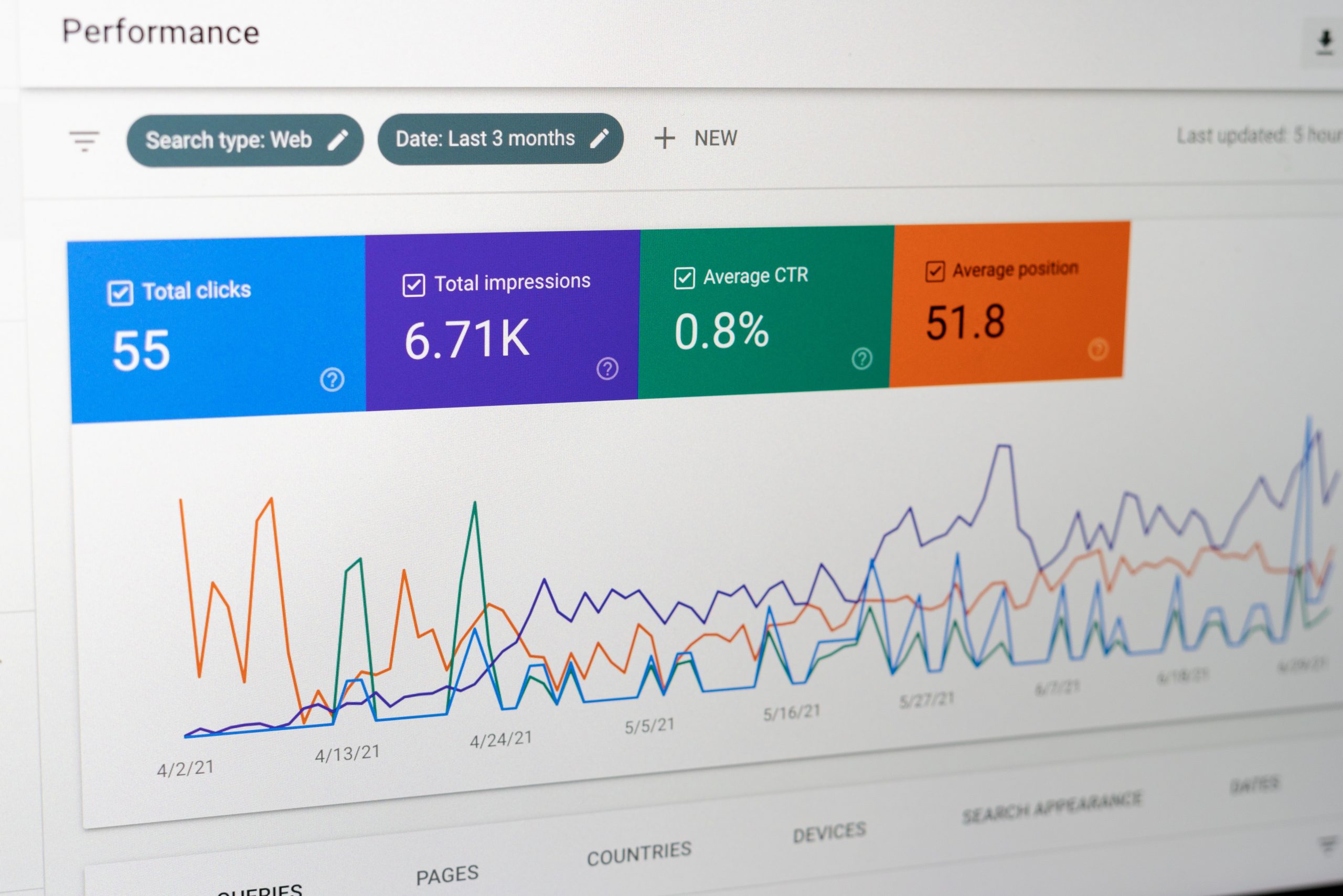Economic majors are sought for a diverse skill set, but the demand is set to increase well into the future.
In 2025, the “World Economic Forum” predicts economists will top the skill list with “analytical thinking and problem-solving processes.”
A career path powered by an economic degree can lead a graduate to many sectors, from finance to law and government roles.
The field is a virtual backbone for virtually any industry.
Consider these excellent suggestions for economic majors heading into the job market.
Article Table of Contents
- 1 15 Great Jobs For Economic Majors
- 1.1 1. The Economist
- 1.2 2. The Statistician
- 1.3 3. The Business Reporter
- 1.4 4. The Financial Sales Representative
- 1.5 5. The Policy Analyst
- 1.6 6. The Operations Research Analyst
- 1.7 7. The Credit Analyst
- 1.8 8. The Actuary
- 1.9 9. The Financial Manager
- 1.10 10. The Financial Advisor
- 1.11 11. The Economic Consultant
- 1.12 12. The Management Analyst/Consultant
- 1.13 13. The Financial Analyst
- 1.14 14. The Compensation/Benefits Manager
- 1.15 15. The Market Research Analyst
- 2 Final Thought
15 Great Jobs For Economic Majors
With the economic field being in high demand, new graduates have the upper hand in the job market.
Top talent has their choice of industries, with businesses responsible for competitive packages to attract multi-skilled candidates.
In many sectors, mid-range salaries begin at roughly six figures, according to the US Bureau of Labor Statistics.
Let’s look at a list of excellent career options, the potential for salary, and the outlook for the future.
1. The Economist
In this position, the goal is to forecast the financial future of the sectors.
That’s possible by assessing trends and compiling research on equities, bonds, inflation, and other analytics that will contribute to the outcome.
The US Bureau of Labor Statistics anticipates the role of the economist to increase demand by as much as 14% through 2029.
The suggested median salary is projected to start at roughly $108,000, and the top 10% make close to $200,000 annually.
2. The Statistician
This role is beneficial in varied sectors for a diverse project range, including risk management.
Business leaders look to the statistician for collecting, assessing, and interpreting information to make better decisions.
The outlook for a mathematician or statistician, per the US Bureau of Labor Statistics, is to increase in demand by as much as 33% by 2029.
A median salary would start at roughly $92,000, with the top 10% making over $150,000 annually.
3. The Business Reporter
A fun take on an economics career would be as a business reporter.
In this role, the objective is to research and write on the financial trends, economic developments, financial markets, and companies and then broadcast these findings.
Communicating on these topics in terms the average demographic can understand is crucial.
There is no projection of the future outlook for this specific sector.
The suggested median salary is roughly $52,000, with the top 10% making approximately $89,000 annually.
4. The Financial Sales Representative
In this position, the economics graduate will serve in the financial market between the buyer and seller.
The opportunities can range from acting as a financial advisor, selling equities/bonds, or overseeing investment growth.
The suggestion is that these positions could grow in demand by as much as 4% into 2029.
The US Bureau of Labor Statistics ranges a median salary at roughly $65,000, with the top 10% making approximately $200,000.
5. The Policy Analyst
Policy analysts possess excellent written communication enabling effective expression of potential interventions after studying critical economic and national trends.
Strong skills will convince relevant parties that the recommendations are viable solutions.
There is no projection on the outlook moving forward into the future.
The median salary suggested for this role is roughly $60,000, with the top 10% making approximately $83,000 annually.
6. The Operations Research Analyst
Duties for this professional will depend on the sector but relies heavily on problem-solving, analysis, and research to help businesses with their operations.
Some use their expert skills in a consultancy capacity for managers and executives.
The US Bureau of Labor Statistics projects the role to grow in demand by as much as 25% by 2029.
The suggested median salary is roughly $86,000, with the top 10% making over $145,000 annually.
7. The Credit Analyst
Whether a business or individual, a credit analyst assesses credit scores and the loan risk they pose.
The credit analyst sometimes works with the client to establish improvement strategies when scores are less than favorable.
The US Bureau of Labor Statistics suggests job growth potential to increase by 5% by 2029.
The suggested median salary is roughly $75,000, with the top 10% making over $145,000 annually.
8. The Actuary
The focused skills in this position are math and statistical expertise to assess financial outcomes associated with risks.
Numerous variables are factored in when evaluating risk profiles, allowing the actuary to establish a profitable structure for plans.
The US Bureau of Labor Statistics indicates these experts will always be highly sought.
By 2029 the demand is estimated to grow as much as 18%.
The suggested median salary is roughly $111,000, with the top 10% making over $196,000.
9. The Financial Manager
Organizations hire financial managers to monitor investments, expenses, and revenue.
Businesses look to the manager for guidance on financial decisions to ensure they remain on the path to achieving objectives leading to overall financial health and ultimate success.
There are various sub-classifications in this specific job category, including risk managers, credit managers, insurance managers, and on.
A recommendation is that economic majors looking at this profession consider courses in “professional leadership and management.”
The US Bureau of Labor Statistics sees an increasing demand for this role by as much as 15% by 2029.
The median salary is roughly $135,000, with the top 10% making approximately $200,000 annually.
10. The Financial Advisor
A financial advisor works personally with individuals to provide consultancy on significant financial decisions.
These will include investments, retirement planning, or other significant savings. Individuals also look to the advisor for guidance on home mortgages, insurance plans, and tax repayments.
Per the US Bureau of Labor Statistics, the demand for this role will grow by 4% into 2029.
The median salary will start at roughly $89,000, with the top 10% making over $200,000.
11. The Economic Consultant
This role aims to assess industry trends in varied economic scenarios to help companies improve their operations.
The economic consultant can serve on a legal case as a witness after identifying intellectual property infringements, speaking to regulatory violations, and analyzing monetary damages.
Multiple sectors or industries can benefit from this position, like education, the government, finance, healthcare, business, and on.
There was no projection on the demand for this role moving forward into the future.
“Payscale” suggested the median salary starting at roughly $76,000, with the top 10% making over $141,000 annually.
12. The Management Analyst/Consultant
A management consultant serves to address business problems with adequate solutions.
In an attempt to improve the company’s functionality, the analyst incorporates quantitative and financial models to make an assessment and devise plans.
In an entry-level capacity, new graduates will start in this field as either junior consultants or research analysts, or assistants.
The staff supports senior team members with experience, eventually leading them to the more advanced position.
Per the US Bureau of Labor Statistics, the projection for growth in this role is as much as 11% by 2029.
The median salary as a management consultant can start at roughly $88,000, with the top 10% making over $157,000 annually.
13. The Financial Analyst
As a financial analyst, investments are researched, including equities, bonds, and companies, to stay abreast of market trends.
In this way, the analyst can make educated assessments.
In performing data analysis, varied skills, including quantitative methodologies, are incorporated.
The analyst uses the outcome to develop reports for the team responsible for making a critical investment or other financial decision.
The US Bureau of Labor Statistics predicts that the financial analyst role will grow in demand by as much as 5% by 2029.
The suggested median salary to start is roughly $84,000, with the top 10% over $160,000 annually.
14. The Compensation/Benefits Manager
The compensation and benefits manager research competitive packages to establish a structure for the company that will attract the top talent to the organization.
These benefits should include wellness programs, 401K plans, retirement investments, and on.
The labor market trends are explicitly assessed focusing on supply and demand for particular jobs.
Reports are then generated depicting the results for senior management to make informed decisions.
The US Bureau of Labor Statistics projects this role to continue to increase in demand well into 2029 by as much as 18%.
The suggested median starting salary for this role is roughly $125,00, with the top 10% making over $200,000 annually.
15. The Market Research Analyst
Market trends are studied in this position to see how goods and services perform in varied economic landscapes.
The analyst develops studies, collects and assesses data, quantifies the findings from the data, and reports these details to the client.
Problem-solving is an essential skill used in this role and establishing solutions to assist with spearheading the manufacture of improved goods and services.
The US Bureau of Labor Statistics projects the need for market research analysts to grow in demand by as much as 18% by 2029.
The median starting salary is suggested to be roughly $66,000, with the top 10% making over $127,000 annually.
Final Thought
As is evident with each of the 15 jobs presented here, economic major students can rest assured upon graduation; they will be highly sought after for their skills.
Not only that, but they could find themselves in a tug-of-war between companies battling for their services.
And the demand will only increase well into the future.
Regarding salary, the median starting wage for entry-level is good for each job noted here.
Plus, the top 10% in these economics fields are making some of the highest salaries within the country.
And the listed careers are merely a handful of what’s available in the whole of the economics spectrum.
These “statistics” indicate that economics is not only a lucrative field to enter into, but it challenges the student to use the skills they’re taught, allows immense growth, and provides security, a definite win.















